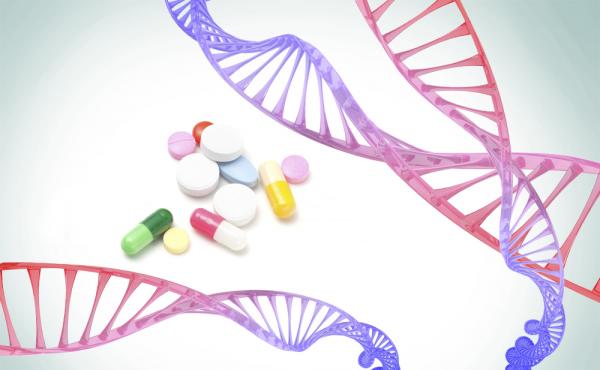Precision medicine companies have started to expand direct-to-consumer genetic testing services. DTC genetic tests allow consumers to directly request institutions to run genetic testing online or through outlets without visiting a hospital.
Currently, DTC genetic tests are limited to those for wellness and health management items such as nutrition, exercise, skin/hair, diet, and personal traits. However, precision medicine companies try to expand test items and verify them using the government’s pilot projects.
Macrogen recently won the Public Institutional Review Board (IRB) approval to start a study on DTC genetic tests for 13 diseases, including type-2 diabetes, for the first time in Korea.
In February 2019, Macrogen became the nation’s first company to enjoy relaxed regulation on DTC genetic tests. The company won the nod to provide a health promotion service that can predict the possibility of a certain disease through DTC genetic tests.
The company’s DTC genetic tests can cover 13 diseases – type-2 diabetes, liver cancer, colon cancer, prostate cancer, lung cancer, stomach cancer, hypertension, osteoarthritis, coronary artery disease, stroke, atrial fibrillation, Parkinson's disease, and macular degeneration.
Previously, Macrogen failed to pass the public IRB review for 12 diseases, excluding type-2 diabetes. However, on March 25, the company passed the review and received the permit to run DTC genetic tests for 13 diseases as originally planned.
Macrogen said it added a test for the psychological risk of DTC to pass the review of the public IRB.

With the latest approval, Macrogen will run DTC genetic tests at the Gene Health Medical Center in Songdo, Incheon, and study lifestyle changes and disease prevention effects. The study will be on 2,000 people living in Songdo for six months.
Macrogen plans to start recruiting participants within the first half of the year.
Although Macrogen is the only company that won the permit to run DTC genetic tests for diseases, other genomics companies are waiting to pass a regulatory sandbox, too.
“Industry officials think DTC genetic tests should include testing for diseases,” an industry official said. “There will be more companies who make these attempts.”
Last month, Theragen Bio expanded the number of test items to 78 under the DTC genetic test, GeneStyle.
Earlier last year, the company obtained the permit for all 70 items for DTC genetic test services allowed in Korea during the pilot project for providing (DTC) genetic testing service under the auspices of the Korea Disease Control and Prevention Agency.
Genetic tests under the GeneStyle DTC services will include 78 detailed items such as vitamin concentration, blood sugar/blood pressure/abdominal obesity, the possibility of yo-yo effect, susceptibility to degenerative arthritis, spots, freckles, acne, skin aging, hair loss, prematurely grey hair, various exercise fitness, muscle development ability, metabolism of and dependence on alcohol/caffeine/nicotine, and finding ancestors.
With more detailed test items, Theragen Bio said it would provide consumers with more abundant genetic information and various solutions and improve understanding of test results.
“A DTC genetic test is a contactless healthcare service suitable for the Covid-19 era. The expansion of detailed test items allows users to comprehensively check nutrients, obesity, skin, hair, eating habits, and exercise characteristics at one time,” an official at Theragen Bio said. “We expect that our service will attract more attention from consumers.”
According to BIS Research, a market researcher, the global DTC genetic testing market is expected to grow from 980 billion won ($872.3 million) in 2019 to 7.6 trillion won in 2018.

